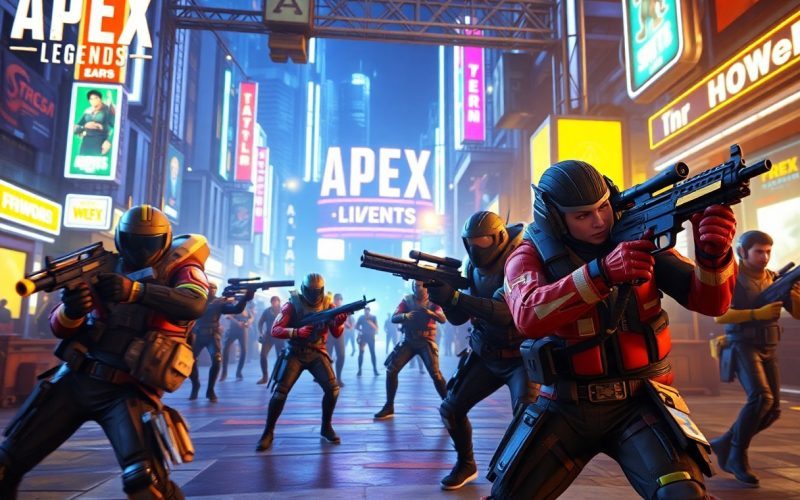Pipeline defines the career trajectory for aspiring professionals, particularly in competitive gaming. Apex Legends, developed by Respawn Entertainment, has introduced a ranked system designed to cater to all player skill levels. However, this system has sparked debate over its effectiveness in nurturing talent for the professional scene. Many players are left questioning whether the current framework fosters genuine competitive skill development or if it merely serves as a casual introduction to ranked play.
The ranked system in Apex Legends includes various tiers, ranging from Bronze to Apex Predator. Each tier is subdivided into divisions that require players to earn Ranked Points (RP) through victories and placements in matches. While the design aims to create a structured environment that matches players of similar skill levels, it often falls short of facilitating the kind of high-level gameplay needed to prepare aspiring professionals.
One of the major criticisms of Apex’s ranked system is the lack of stringent matchmaking metrics. Unlike other games with robust ranking systems, Apex does not place an emphasis on individual player skill or overall team synergy during matchmaking. As a result, players often find themselves in matches against teams that are mismatched in terms of experience and coordination. This inconsistency can inhibit a player’s development, as they may not regularly face opponents that challenge their abilities or push them to improve.
Moreover, the mechanism of earning RP can inadvertently promote a more casual approach to gameplay. Players often prioritize survival over teamwork in an effort to accumulate points more quickly. For example, engaging in fights can lead to early eliminations, and thus players sometimes choose to play passively to secure a higher placement. This mindset encourages a style of gameplay that may be less representative of how professional matches are contested, where aggressive engagements and strategic teamwork dominate the landscape.
The Apex Legends ranked system also features penalties for leaving games early, which can deter players from taking strategic risks when they find themselves in poor situations. While mitigating toxic behavior is necessary, this penalty system can lead to more defensive playstyles, further stifling the growth of competitive tactics that aspiring pros need to learn. The balance between promoting fair play and allowing players the freedom to experiment with strategies is delicate and often tilted towards caution.
For those seeking to transition from ranked play to the professional scene, finding opportunities for genuine competitive play within the ranked system can be difficult. The casual nature of many matches makes it challenging to consistently build the skills that define top-tier players, such as adaptability, communication, and precise execution under pressure. Consequently, many aspiring pros are opting for third-party tournaments or community-organized events to seek out the competitive experience lacking in the official ranked system.
In closing, while Apex Legends’ ranked system aims to create an engaging environment for players of varying skill levels, it may be too casual for those eyeing a pro pipeline. The issues within matchmaking, the incentives to play passively, and the difficulty in finding a competitive edge can hinder player development, leaving aspiring professionals searching for alternative avenues to hone their skills in preparation for the competitive arena.







